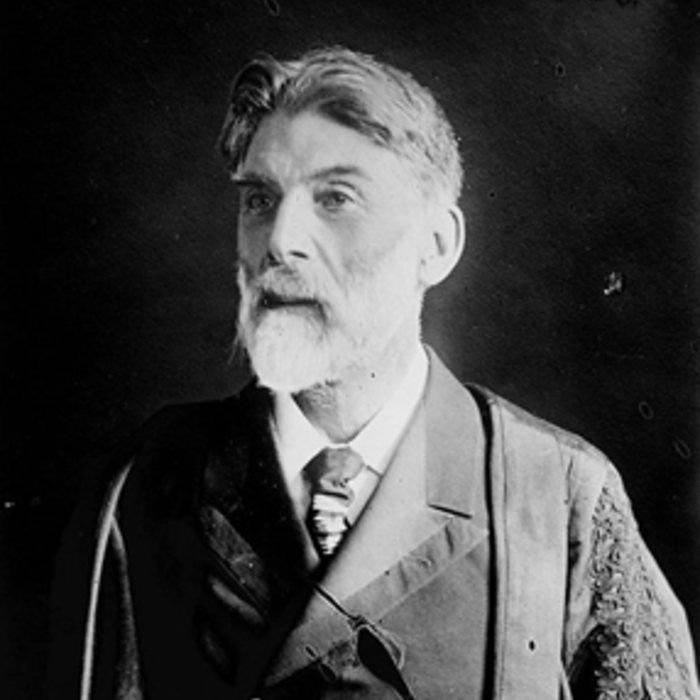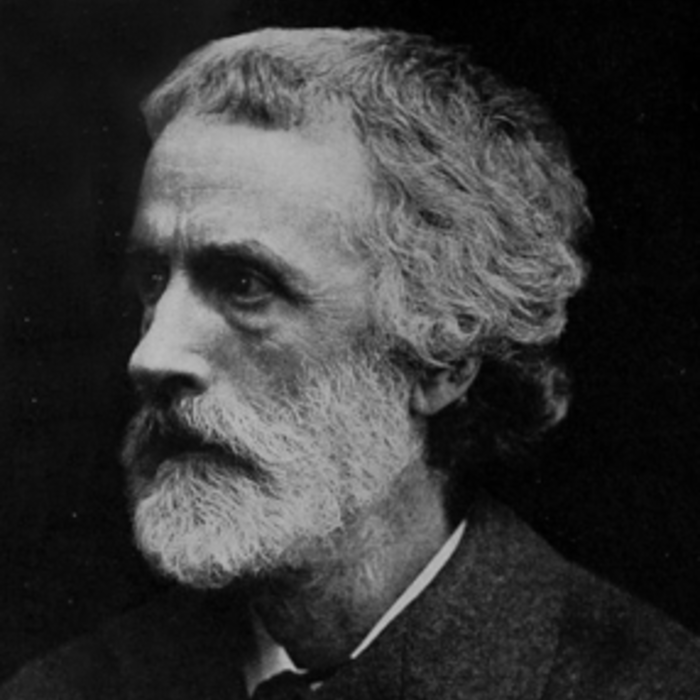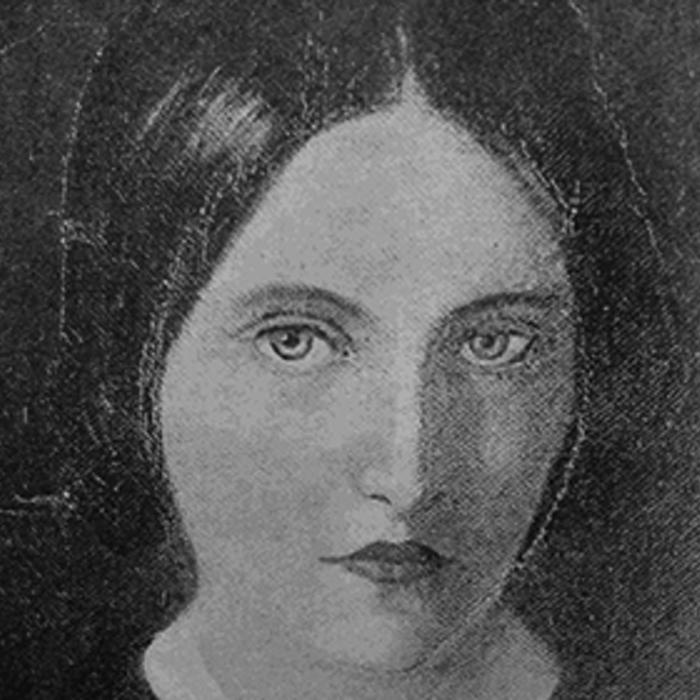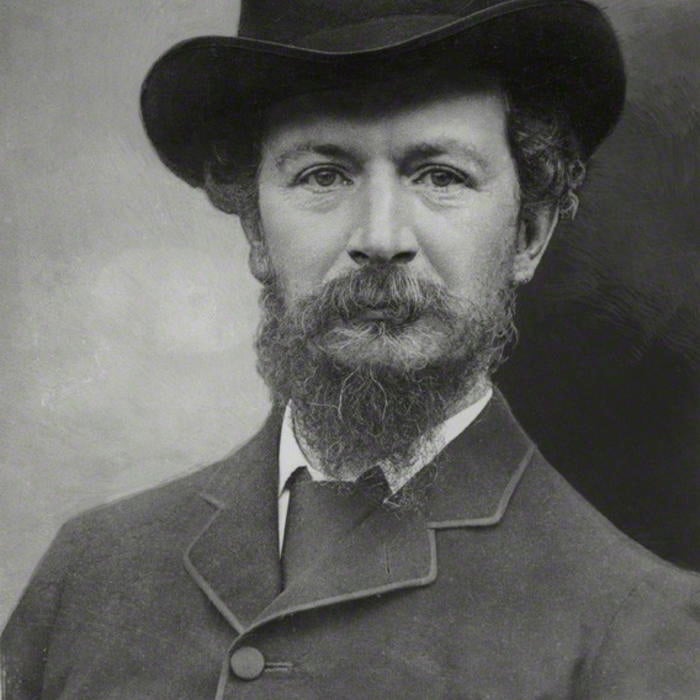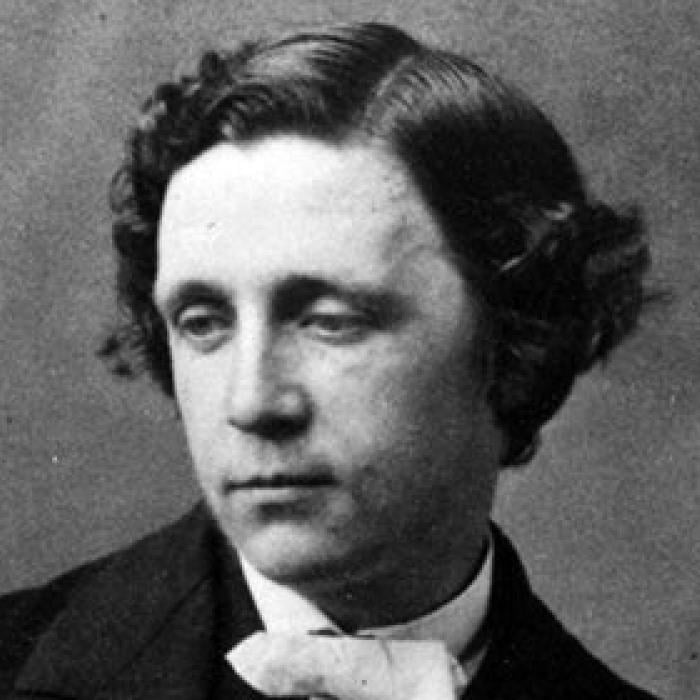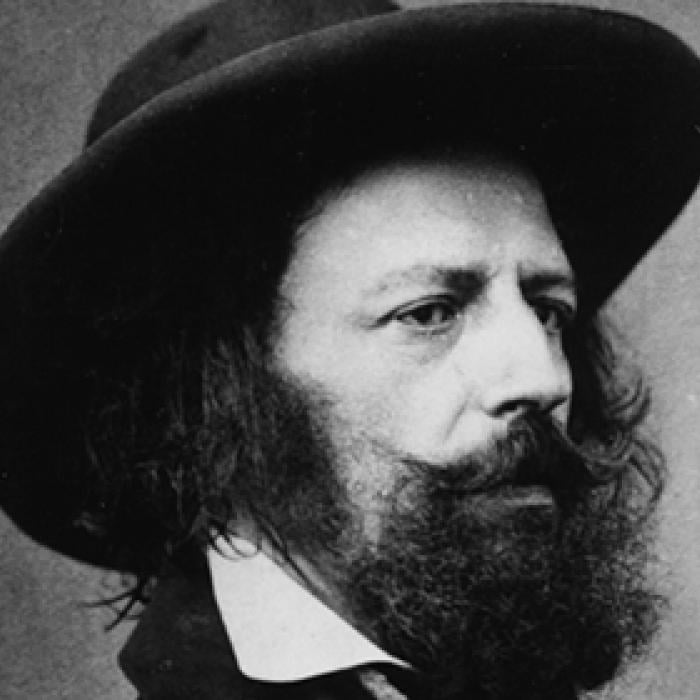Gerard Manley Hopkins
Born at Stratford, Essex, England, on July 28, 1844, Gerard Manley Hopkins is regarded as one the Victorian era’s greatest poets. He was raised in a prosperous and artistic family. He attended Balliol College, Oxford, in 1863, where he studied classics.
In 1864, Hopkins first read John Henry Newman’s Apologia Pro Vita Sua, which discussed the author’s reasons for converting to Catholicism. Two years later, Newman himself received Hopkins into the Roman Catholic Church. Hopkins soon decided to become a priest, and in 1867 he entered a Jesuit novitiate near London. At that time, he vowed to “write no more...unless it were by the wish of my superiors.” Hopkins burnt all of the poetry he had written to date and would not write poems again until 1875. He spent nine years in training at various Jesuit houses throughout England. He was ordained in 1877 and for the next seven years carried his duties teaching and preaching in London, Oxford, Liverpool, Glasgow, and Stonyhurst.
In 1875, Hopkins began to write again after a German ship, the Deutschland, was wrecked during a storm at the mouth of the Thames River. Many of the passengers, including five Franciscan nuns, died. Although conventional in theme, Hopkins poem “The Wreck of the Deutschland” introduced what Hopkins called “sprung rhythm.” By not limiting the number of “slack,” or unaccented syllables, Hopkins allowed for more flexibility in his lines and created new acoustic possibilities. In 1884, he became a professor of Greek at the Royal University College in Dublin. He died five years later from typhoid fever. Although his poems were never published during his lifetime, his friend poet Robert Bridges edited a volume of Hopkins’s Poems, which first appeared in 1918.
In addition to developing new rhythmic effects, Hopkins was also very interested in ways of rejuvenating poetic language. He regularly placed familiar words into new and surprising contexts. He also often employed compound and unusual word combinations. As he wrote to in a letter to Bridges, “No doubt, my poetry errs on the side of oddness…” Twentieth century poets such as W. H. Auden, Dylan Thomas, and Charles Wright have enthusiastically turned to his work for its inventiveness and rich aural patterning.

